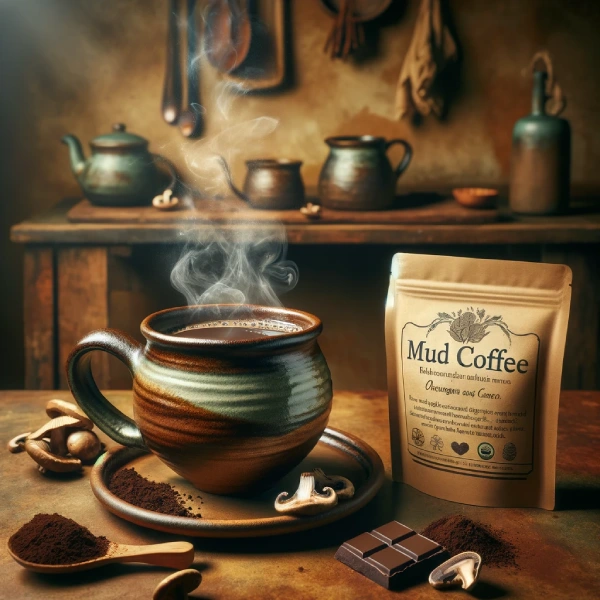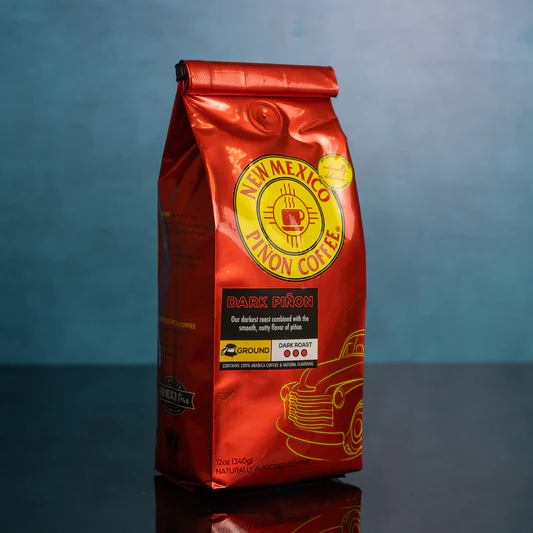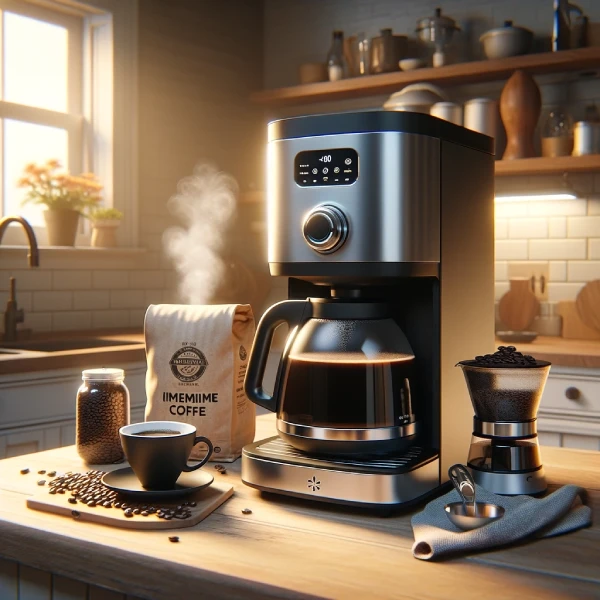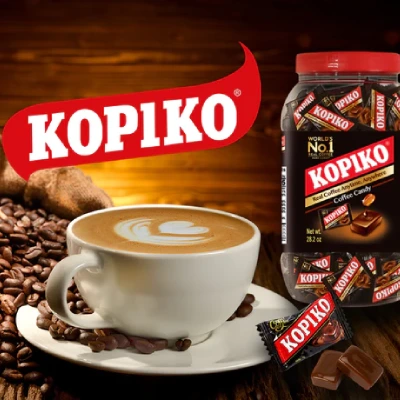Caffeine-free coffee isn't just a beverage; it's a lifestyle choice for those seeking the comfort and ritual of coffee without the buzz. Unlike its cousin, decaffeinated coffee, which still contains trace amounts of caffeine, caffeine-free coffee offers a completely stimulant-free experience.
This article, the first of a two-part series, delves into the world of caffeine-free coffee, exploring its benefits, taste, and how it compares to decaffeinated coffee.
Key Takeaways
- Health Benefits: Discover the significant health advantages of switching to caffeine-free coffee.
- Decaf vs. Caffeine-Free: Understand the crucial differences between decaffeinated and truly caffeine-free coffee.
- Taste and Quality: Explore how caffeine-free coffee maintains a rich flavor profile.
- Brand Exploration: Learn about top brands offering quality caffeine-free coffee.
- Home Brewing Tips: Gain insights into brewing the perfect cup of caffeine-free coffee at home.
The Health Horizon: Why Go Caffeine-Free?
Caffeine, while beneficial in moderate amounts, can have adverse effects on certain individuals, including disrupted sleep patterns, increased anxiety, and digestive issues. Caffeine-free coffee emerges as a hero for those sensitive to caffeine or looking to reduce their intake for health reasons.
Studies from Harvard Health show that reducing caffeine can lead to better sleep quality and reduced anxiety levels.
The Decaf Deception: Caffeine-Free vs. Decaffeinated
When it comes to coffee, 'decaffeinated' doesn't mean caffeine-free. Decaf coffees typically contain 1-2% of the original caffeine content. For those looking to eliminate caffeine entirely, this distinction is crucial. Caffeine-free coffee, on the other hand, is made from ingredients that naturally contain no caffeine, offering a true zero-caffeine experience.
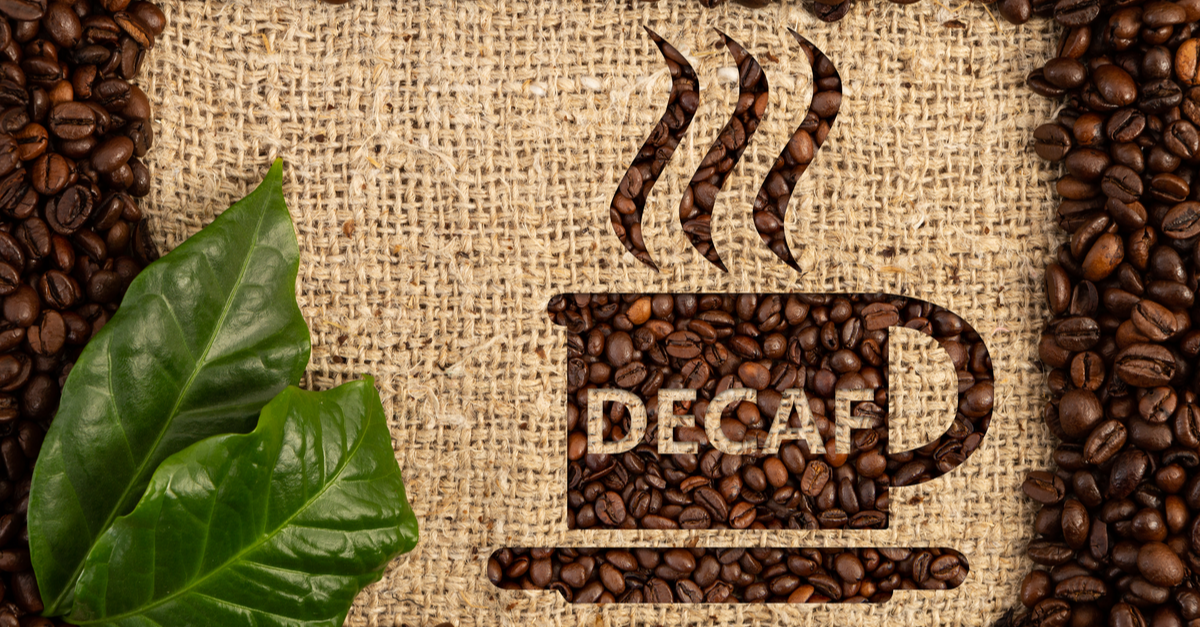
A Taste Adventure: Flavor Profile of Caffeine-Free Coffee
One might wonder, does removing caffeine compromise taste? Surprisingly, no. Caffeine-free coffee retains a rich and full-bodied flavor, often indistinguishable from regular coffee.
Brands like Teeccino and Cafix have mastered the art of creating blends that mimic the deep, robust flavor of traditional coffee without any caffeine.
Brand Spotlight: Leading the Caffeine-Free Movement
Several brands have emerged as frontrunners in the caffeine-free coffee market. These brands not only focus on taste but also on health benefits and sustainability.
For instance, Dandy Blend, made from a blend of dandelion and chicory root, offers a detoxifying effect alongside its rich taste.
Home Brew Mastery: Crafting the Perfect Cup
Brewing caffeine-free coffee at home can be an art. The key is in the preparation. Just like regular coffee, the grind size, water temperature, and brewing time play a significant role in the final taste. Experimenting with these variables can lead to a personalized cup that suits individual preferences.
The Social Impact: Beyond the Cup
Caffeine-free coffee isn't just about personal health; it's also about social responsibility. By choosing brands that are organic and fair-trade, consumers contribute to sustainable farming practices and fair compensation for farmers. This choice reflects a commitment to both personal well-being and the well-being of those who grow our coffee alternatives.
A World of Alternatives: Exploring Caffeine-Free Options
The world of caffeine-free coffee is vast and varied. From herbal blends to grain-based alternatives, there's something for every palate. For example, chicory coffee, a popular alternative in New Orleans, offers a unique, slightly sweet flavor. Similarly, barley-based coffees provide a nutty, comforting taste.
The Verdict: Is Caffeine-Free Coffee for You?
Deciding to switch to caffeine-free coffee is a personal choice, often driven by health considerations or lifestyle changes. For those sensitive to caffeine or looking to reduce their intake, caffeine-free coffee offers a viable and delicious alternative.
The Health Benefits: A Deeper Dive
Caffeine-free coffee isn't just a great alternative for those sensitive to caffeine; it also boasts several health benefits. For instance, chicory root, a common ingredient in caffeine-free coffee, is known for its prebiotic properties, which promote gut health. Additionally, caffeine-free options often lack the acids found in regular coffee, making them a gentler choice for those with sensitive stomachs.
Sustainability and Environmental Impact
Choosing caffeine-free coffee can also be a vote for environmental sustainability. Many caffeine-free options, such as barley or chicory, require less intensive farming practices than traditional coffee beans. This shift can lead to reduced deforestation and a smaller carbon footprint.
Brands like Postum, a wheat-based coffee alternative, emphasize their commitment to sustainability in their production processes.
Integrating Caffeine-Free Coffee into Your Lifestyle
Making the switch to caffeine-free coffee can be a seamless transition. Here are some tips to integrate it into your daily routine:
- Start Gradually: If you're used to caffeinated coffee, start by mixing caffeine-free alternatives into your regular brew, gradually increasing the ratio.
- Experiment with Flavors: Explore different brands and ingredients to find your preferred taste.
- Mind the Brewing Method: Different caffeine-free coffees may require different brewing methods for optimal flavor. Don't be afraid to experiment.
The Social Aspect: Coffee Culture Reimagined
Coffee culture is as much about community and ritual as it is about the beverage itself. Caffeine-free coffee allows you to maintain these social rituals without the caffeine. Whether it's a morning routine or a coffee break at work, you can still enjoy the social aspect of coffee with a caffeine-free alternative.
The Future of Caffeine-Free Coffee
As awareness grows about the health benefits and environmental impact of caffeine-free coffee, we can expect to see more innovation and variety in this market. The future might bring us even more unique blends and flavors, making caffeine-free coffee not just an alternative but a preference for many.
Conclusion
Caffeine-free coffee represents more than just a niche market in the world of beverages; it's a growing trend that caters to health-conscious individuals and those looking for sustainable options. With a wide range of health benefits, from improved gut health to better sleep patterns, caffeine-free coffee is an excellent choice for many.
Its environmental impact is also noteworthy, offering a more sustainable and eco-friendly alternative to traditional coffee farming. As we continue to explore and innovate in this field, caffeine-free coffee stands out as a testament to the evolving preferences and values of consumers worldwide.
Embracing this change not only benefits our health but also contributes to a more sustainable future for coffee culture.
Frequently Asked Questions
-
Is caffeine-free coffee completely free of caffeine? Yes, unlike decaffeinated coffee, caffeine-free coffee is made from ingredients that naturally contain no caffeine.
-
Can caffeine-free coffee taste as good as regular coffee? Absolutely. Many brands have perfected the art of creating rich and full-bodied caffeine-free coffee that rivals the taste of regular coffee.
-
What are some popular caffeine-free coffee alternatives? Chicory root, barley, and dandelion blends are among the most popular caffeine-free coffee alternatives.
-
Is caffeine-free coffee better for the environment? Yes, many caffeine-free options require less intensive farming practices, making them more sustainable and eco-friendly.
-
How can I integrate caffeine-free coffee into my routine? Start by mixing it with your regular coffee and gradually increase the ratio. Experiment with different brands and brewing methods to find your perfect cup.




